Lifestyle Luminaries: Karen Davila
Seasoned broadcast journalist Karen Davila on sharing stories that matter, uplifting Filipinas, and becoming the first UN Women Goodwill Ambassador from the Philippines
By John Legaspi
Karen Davila is one of the most recognizable names in the local media landscape. Through her work, she has defied many stereotypes in the industry. The most notable of all is that women aren’t just suited for soft news. Now, we see Filipina reporters covering maritime disputes, wars, and other social concerns thanks to what she and other female broadcast journalists of her time have accomplished.
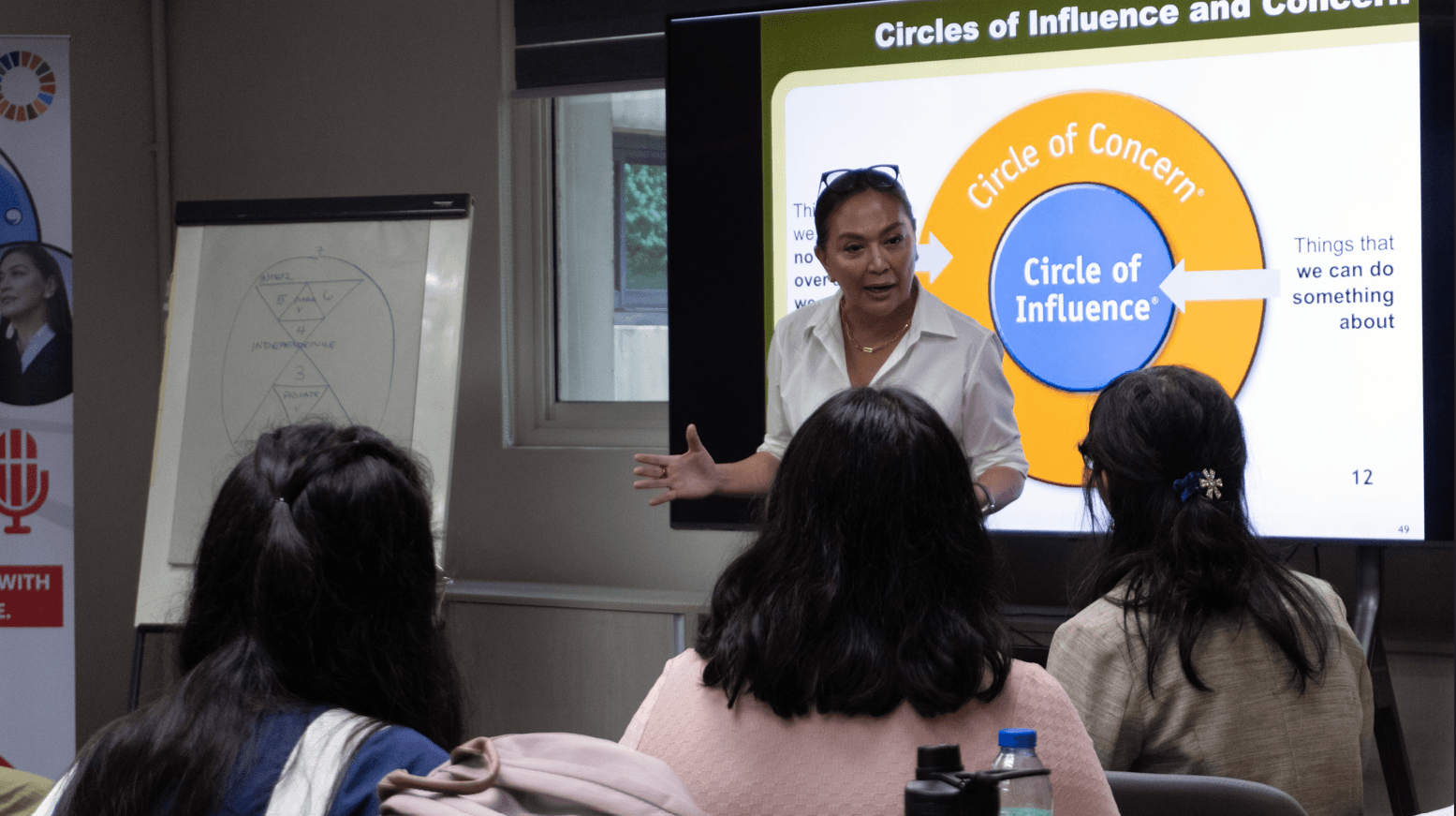
Her journey to becoming a professional journalist began in the halls of the University of the Philippines Diliman in Quezon City. What many may not know is that Karen came from a middle-class family that experienced financial difficulties during her high school and college years.
“My mother was such a strong role model. She was hardworking, sacrificial, and passionate,” Karen tells Manila Bulletin Lifestyle. “She told me, ‘I may not leave you with wealth, land, jewelry, or money, but as long as you finish your studies, you can achieve your dreams.’”
And that’s exactly what she did. After finishing her studies, she went on to become a reporter and eventually an anchor and host for the biggest television networks in the Philippines. Karen is best known for her work on the weekly investigative documentary show, The Correspondents, and as an anchor for the news broadcasting show TV Patrol.
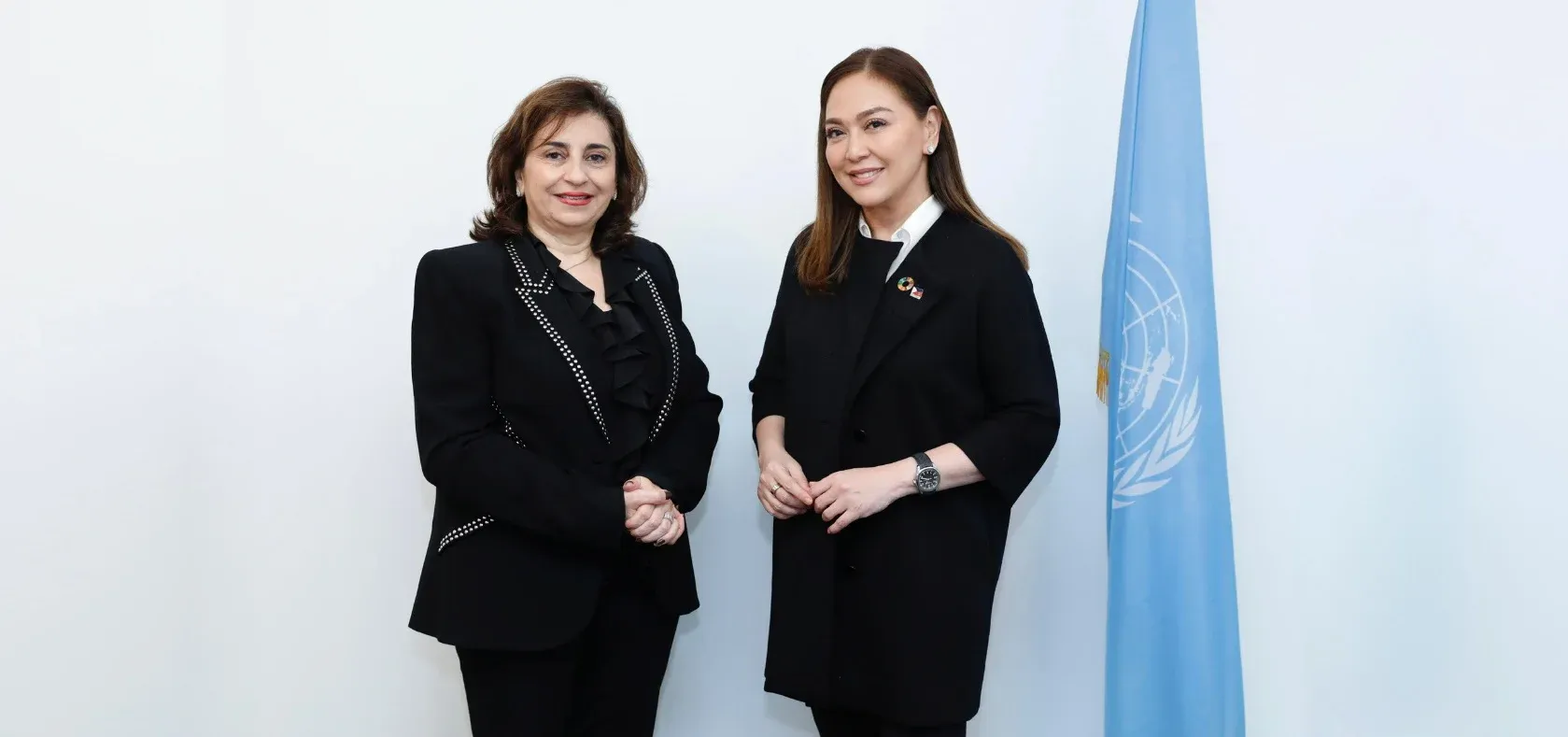
Throughout her career, Karen has earned numerous accolades, such as the TOWNS (The Outstanding Women in the Nation's Service) Award for Broadcasting in 2013, the UNICEF Child Rights Award and the New York TV and Film Awards, and the 2023 National Winner of the Asian Academy Creative Awards in Singapore for Best News or Current Affairs Presenter. Topping it all is her appointment as the first UN Women Goodwill Ambassador from the Philippines.
“I started as a volunteer for UN Women Philippines during the pandemic and continued to work with them on their anti-domestic violence campaigns. When I was appointed as the first UN Women National Goodwill Ambassador in New York, I was told it was my track record as a broadcast journalist that made the difference,” Karen recalls. “I now see how it all comes together. For so many years, I did documentaries for The Correspondents on women and children, and it is that kind of experience on the ground that hones your character.”
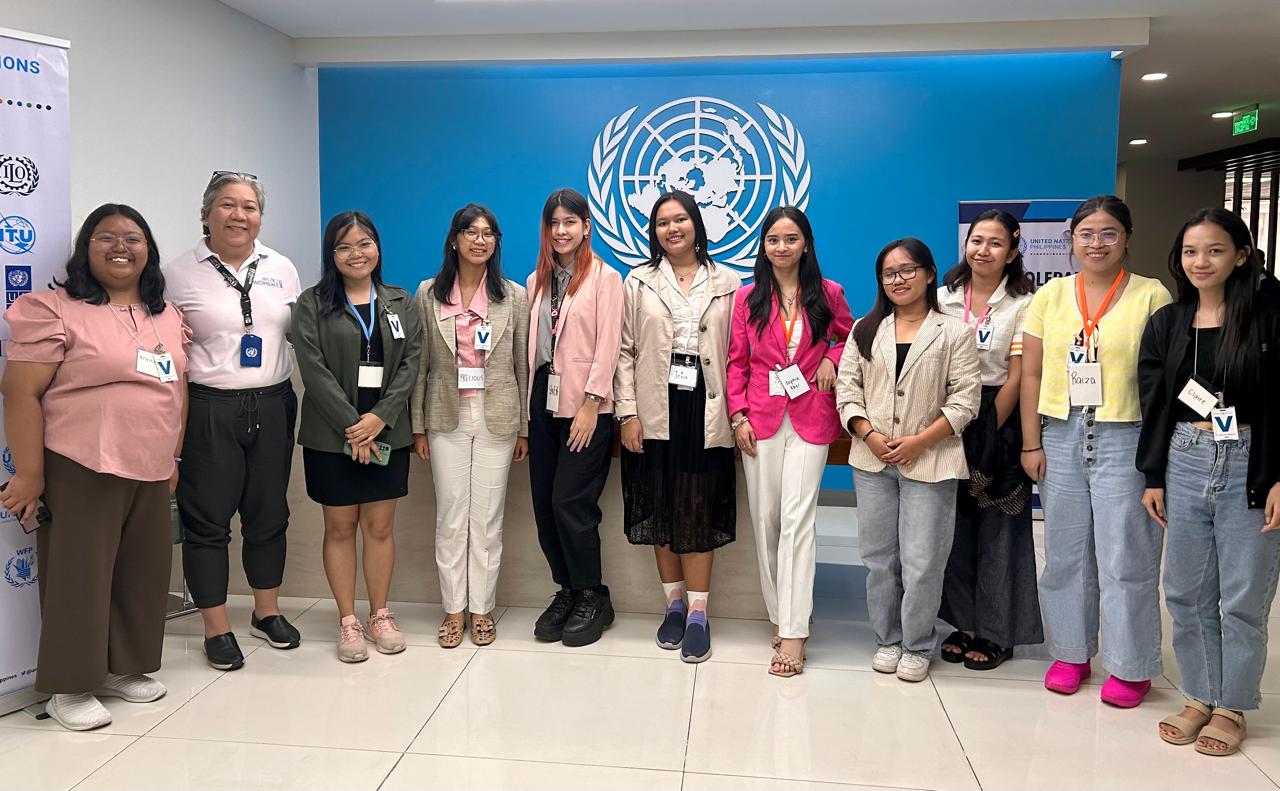
This time, Karen aims to open more opportunities for women and girls to pursue their dreams through the Her Legacy Project foundation. According to her, the foundation was established to support her projects for UN Women Philippines, one of which is the SheSTEMS Scholarship. Through it, aspiring young women receive financial assistance, mentorship, and networking opportunities as they pursue their studies in the fields of science, technology, engineering, and mathematics (STEM). The scholars receive at least P120,000 annually until they graduate, ensuring they have the resources to excel.\
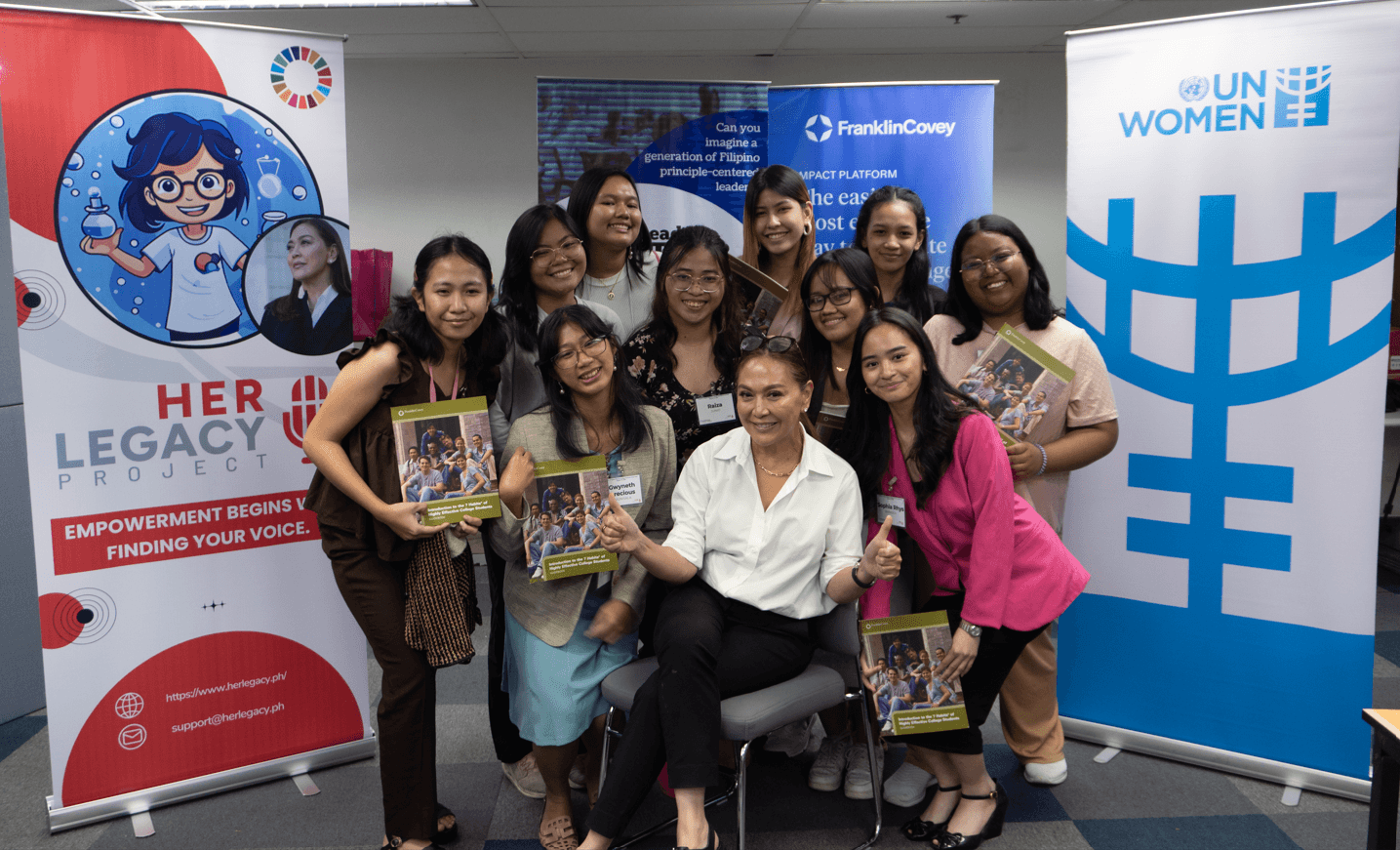
“I realized we lack female role models in STEM. They’re there but not mainstream enough,” Karen muses. “STEM is sexy and it is the now and the future. Women are creative and are multi-taskers. They are needed in STEM. In 2025, 75 percent of the world’s jobs will be affiliated with STEM. Hindi dapat maiwan ang mga Filipino doon at lalong lalo na ang mga Filipina (Filipinos shouldn’t be left behind, especially Filipinas).”
Currently, only three out of 10 STEM workers in the Philippines are Filipinas, and studies show many shift courses midstream due to various challenges. Adding to that, industry leaders often exhibit a bias, preferring men for certain roles. SheSTEMS, through the Her Legacy Project, aims to rewrite that narrative.
“There have been long-held biases against women in STEM for decades. In our own families, kapag magaling sa math, akala natin, ay lalaki ’yan (When one is good in math, we automatically assume it is a boy)! These biases prevent our girls from thinking they can choose STEM and excel in it,” the seasoned journalist says. “We box our girls into careers like the service industry or nursing—nothing wrong with these—but we need to let Filipino girls know they can be scientists, geologists, food tech experts, agriculturists, chemists, and physicists. These are high-paying careers with an economic and international impact!”
To help mainstream STEM as a preferred course or career for Filipino students, the Her Legacy Project, in partnership with the University of the Philippines, has identified ten outstanding STEM Filipina college students who can be role models in fields crucial for the future of the Philippines. The selection process was meticulous, and the program demands academic excellence, setting a GPA requirement of 1.75.
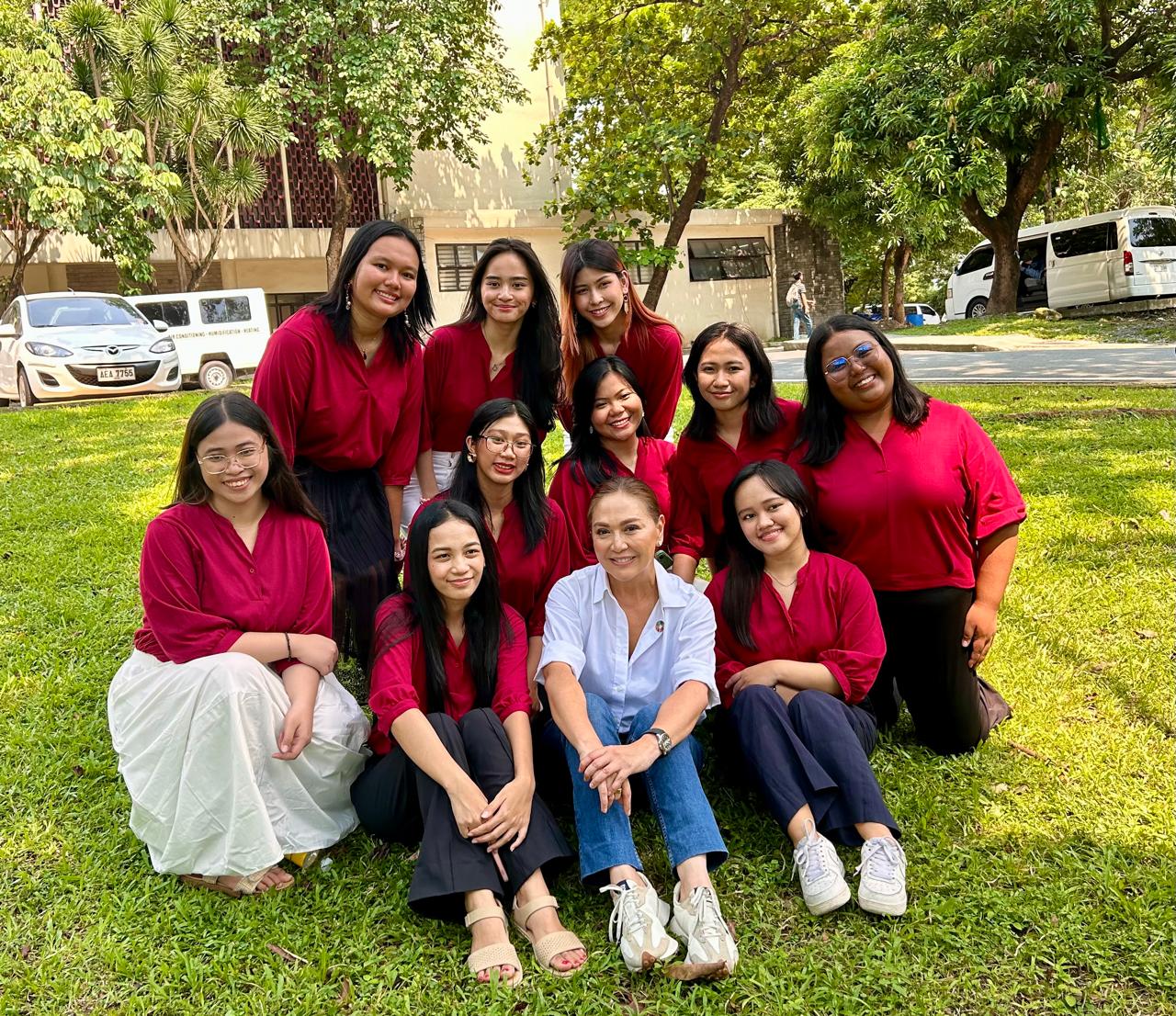
Its current roster of SheSTEMS Scholars includes Kate Macabalos (20, Bachelor of Science in Statistics), Kryzell Carmona (21, Bachelor of Science in Geology), Sophia Rhys Bañados (20, Bachelor of Science in Biology), Krystel Joy Salaria Swin (21, Bachelor of Science in Geodetic Engineering), Elaiza De Luna (22, Bachelor of Science in Agriculture, Major in Soil Science), Raiza Junio (21, Bachelor of Science in Biology), Gwyneth Precious Kiunisala (21, Bachelor of Science in Food Technology), Claire Jaradal (21, Bachelor of Science in Data Science), Joeimarie Carmela Bueno (21, Bachelor of Science in Biology), and Gwyneth Ross Bukuhan (21, Bachelor of Science in Chemical Engineering).
SheSTEMS is just one of the many initiatives Karen has lined up for the Her Legacy Project. She is also planning to rehabilitate the Women’s Crisis Center in Manila, with the help of like-minded women and advocates against gender-based violence.
“Our first project is mainstreaming STEM for women and girls by creating role models but there are many more projects we would like to involve ourselves in, from reproductive health to education rights for women and girls,” Karen says. “I am truly a believer that when you empower a woman and a girl, you don’t only help her, but you also uplift her family and community. I am a living example of that. I know what the power of education and equal access to opportunity have done for my life. They are what I want for more Filipinas.”